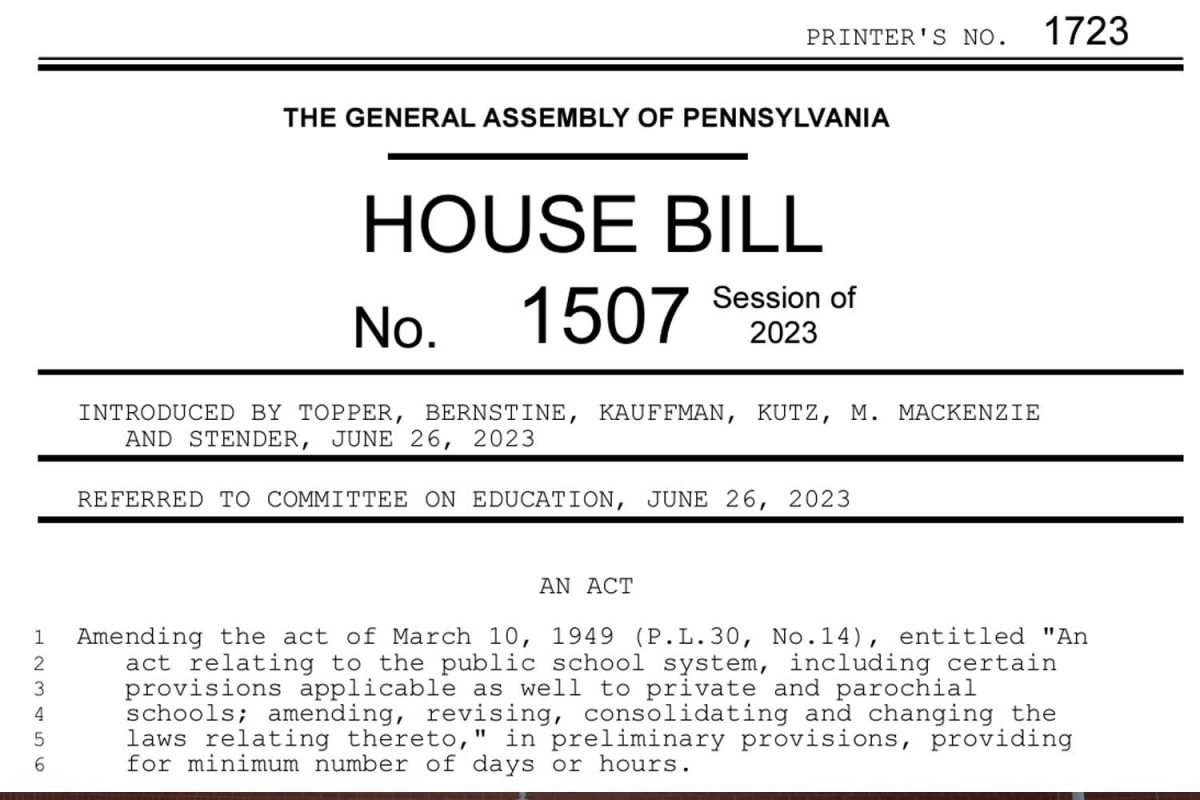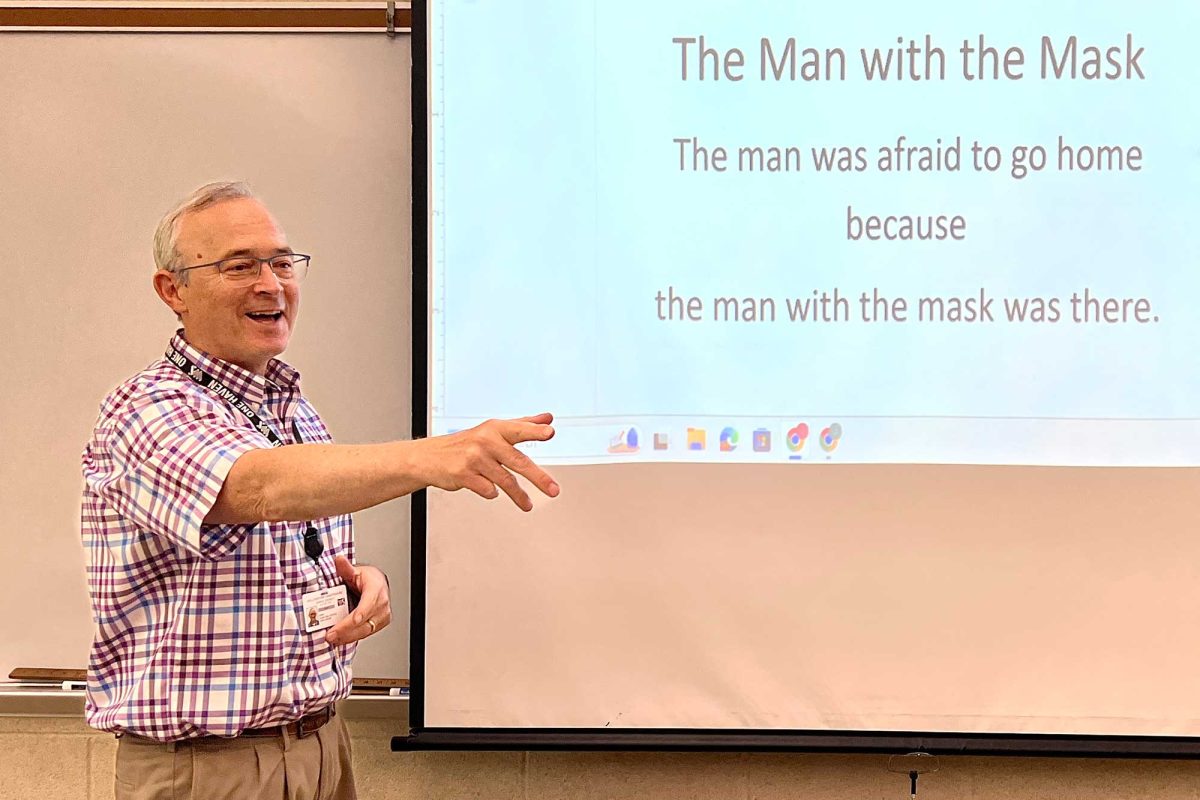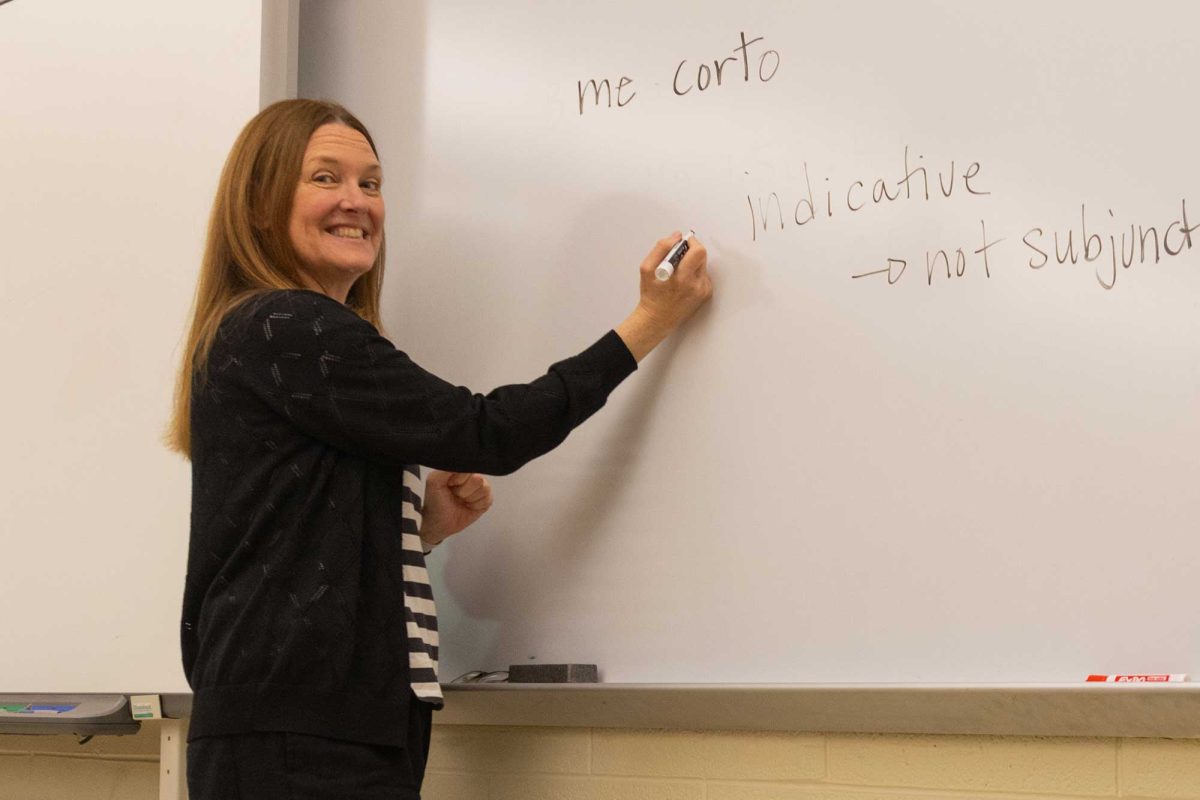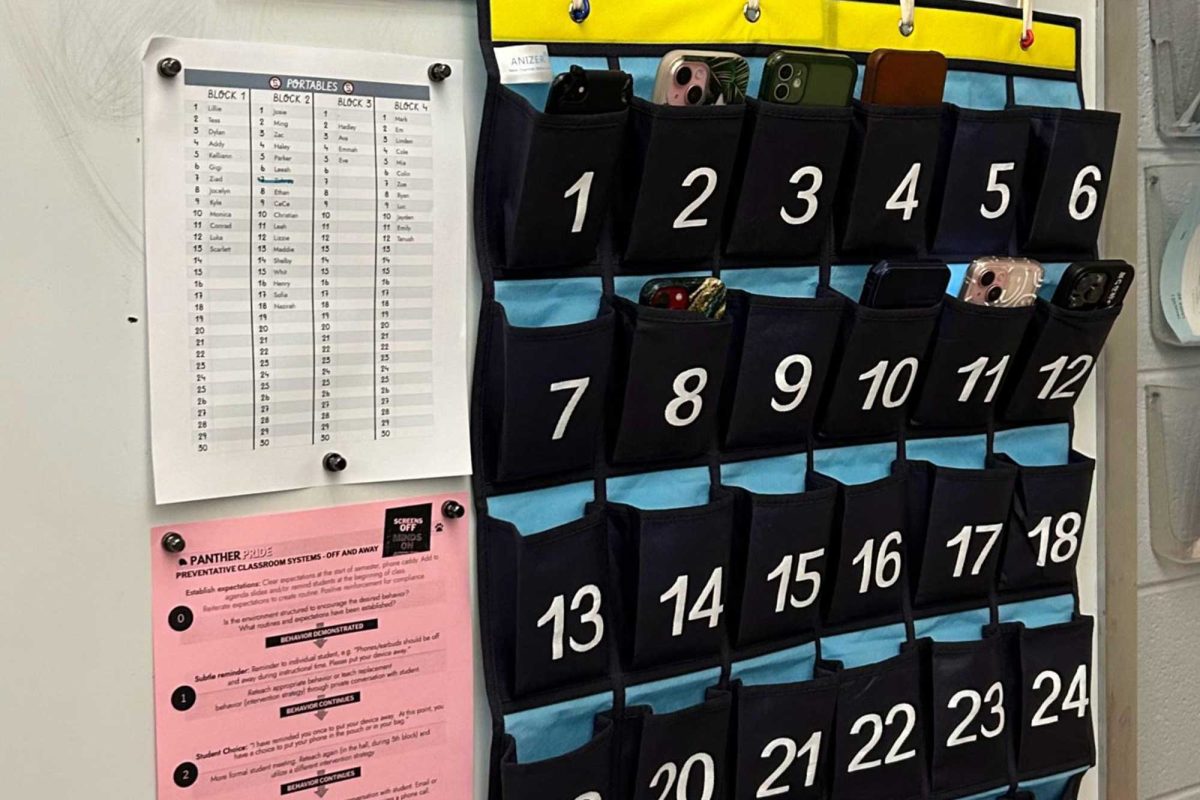Have you ever wondered why the schedule for a school year runs the length that it does?
Up until recently, all Pennsylvania school districts were required to meet a minimum of 180 days and 900 hours at the elementary level and 990 hours at the secondary level.
However, on December 14, Governor Josh Shapiro approved the PA School Flexibility Bill or House Bill 1507. The bill gives school districts the option of meeting either the 180-day requirement or the 900 elementary hours and 990 secondary hours that shape a school year schedule.
The bill passed unanimously in the House and Senate and originated to give School Districts more flexibility in correlating schedules with opportunities outside of the classroom.
The PA School Flexibility Bill gives school districts the option of meeting EITHER the 180-day requirement or the 990 secondary hours that shape a school year schedule. [/pullquote]The act “shall take effect immediately,” meaning that in the coming school year, schedules may look different at some schools, following either set of requirements for time.
According to Rep. Jesse Topper (R, Bedford, and Fulton counties), who sponsored the bill, school superintendents have suggested that they would like to have more flexibility in the school schedule.
“I was meeting with a member of the Superintendents Association, and one of the issues that they have brought up was this idea of seat time, that they really would like to have more flexibility in scheduling, particularly students like juniors and seniors, that may want to engage in internships or spend more time at a CTC,” Topper said.
According to Topper, the flexibility this bill provides has advantages for students at the high school level.
“They can choose how they structure their schedules, and then choose how they do that in terms of their educators, their school bus contractors,” Topper said. “This simply gives them another tool in the toolbox. And I think that flexibility helps students’ achievement.”
The act establishes that it will not affect the Public Employee Relations Act of 1970, the bargaining agreements between a school employer and employee representatives.
“I don’t know that every school district is necessarily going to use it, but this is an option,” Topper said. “This will be a school district usage, but at the end of the day, what I’ve heard from superintendents is that they want flexibility, and this is something that gives them building flexibility.”
However, there are still many questions about some of the bill’s other impacts. No immediate changes are planned at Wallingford Swarthmore School District, according to Assistant Superintendant Dr. James Conley.
“The last thing we want to do is negatively impact people with our programming or something like that,” Conley said. “So that’s why [I] really need to ask a lot of questions and understand it [the bill] so that I can share with the community and say, if we go 990 or 900, what does that look like? And if we go 180, what does that look like? What are the expectations?”
At Haven, no decision has been made yet regarding changes to the school hours or lengths.
“We really need to understand how this impacts [Class of] 24-25,” Conley said. “This sounds like a great thing, but then the unintended consequences; it impacts programming and impacts student learning, a lot of things we don’t know.”
As he learns more, Conley hopes to continue having discussions with other administration members about potential changes and courses of action.
“We haven’t talked a lot about it because we really don’t know enough about it,” Conley said. “And I think that as we start to become more educated on it, then we have those conversations. Administratively, we make recommendations to the board.
According to Conley, as more information emerges, discussions will take place with the district’s calendar committee.
“ The calendar committee—we will meet, we will talk about it. I want to be able to say to the calendar committee, the questions you are asking me, here’s the benefit,” he said.
Any actions will have to revolve heavily around the various programs Haven hosts.
“We don’t know the impact [this bill] is going to have on our programming because we’re still waiting on guidance,” Conley said.
“Certain school districts, they might do different things. So we could say we’re going 180 [days] and Ridley or Rose Tree could say they’re doing 990 [hours]. So does that impact programming? We have students that go to the IU for the VO tech program. Is that going to impact? We don’t know. There’s a lot of pieces of this that we have a lot more questions for that I don’t have any answers for yet.”
Actions will also have to meet the needs of students’ parents and the community.
“There’s 500 districts in the state, and everybody’s a little bit different, communities are different. The academic calendar really has to meet the needs of our students and our families, and that’s what it is,” Conley said. “Meeting those needs, where we’re getting the most opportunity to have quality education and the time to do that, that’s the key.”
Conley also noted how the Strategic Plan will also be taken into consideration. The Strategic Plan was developed by the administration to address topics like student experiences and learning, community stakeholders, equity, inclusion, and time.
“Part of our strategic plan outcome was time, but how do we examine time?” Conley said. “We talked about school start time, we talked about schedules, we talked about that kind of stuff. This [bill] to me is part of a larger time conversation. And one of the things that’s an outcome of time for us certainly is schedules, like what do schedules look like?”
Still, there is much to look forward to about the bill’s plausible implications.
“I think it gets more districts using it [to their advantage] as time goes on and become more comfortable with it, and I think you’re going to see more students take advantage of it as time goes on,” Topper said.
“I think the really big point of the bill is to help strengthen the educational process, particularly students that are later on in their school careers.”














